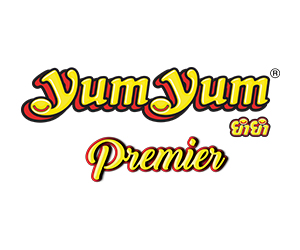BUSINESS NEWS IN BRIEF
Efforts to be made to abate discrepancy gap of domestic fuel prices
IN a bid to abate the discrepancy gap of fuel prices in Myanmar, negotiations will reportedly be held with stations which sell their fuel for more than stipulated prices, according to the Myanmar Fuel Entrepreneurs Association (MFEA).
Fuel sold domestically which is imported from abroad is trade through a dual market: a wholesale market of fuel bought from docked oil tankers, and a retail market of fuel sold at refilling stations.
The fuel markets in mid-August have seen the global price of fuel appreciate, but domestic fuel prices have reportedly yet to increase.
Back in 2014, independent fuel dealers were granted permission to import fuel from abroad, with that initial year seeing fuel imported into Myanmar by tankers with capacities to hold 5,000 tons of fuel.
However, this year has seen the size of the tanker docking at the country’s ports increase to those with a capacity of 15,000 tons of fuel, allowing for a vast reduction in importation expense by about US$4.5 million a month.
Ref: GNLM, 27 August 2016
Investment policy to be instituted soon
An investment policy will be instituted soon to help economic development and foreign investments, it is learnt from a meeting held by the Directorate of Investment and Company Administration (DICA)
A draft policy has been submitted to the President’s office. As soon as the policy is approved by the Union government, it will go into practice, it is learnt. The amendment of the investment law is virtually finished and has been written in accordance with the current culture and technology.
The government will give priority to certain investments in each sector, according to policy. Some enterprises will enjoy the benefits of exemption on income tax and imported goods.
Currently, Myanmar Investment Commission (MIC) permits 45 countries to invest in Myanmar. There are a total of 1,125 foreign investments firms that have entered Myanmar between 1989 and 19th August 2016, with investments of over 63 billion, it is learnt.
The company registration fees are also fixed to develop local and foreign investments and to bolster the country’s trade volume. There are currently over 200 public companies compared to only 21 public companies before 2011. The public companies are given priority companies are given priority in seeking approval from MIC, it is learnt from the statistics of DICA.
Ref: GNLM, 27 August 2016
./wp-content/uploads/2018/10/Emirate-Online-TDY.png)
















There are no comments at the moment, do you want to add one?
Write a comment